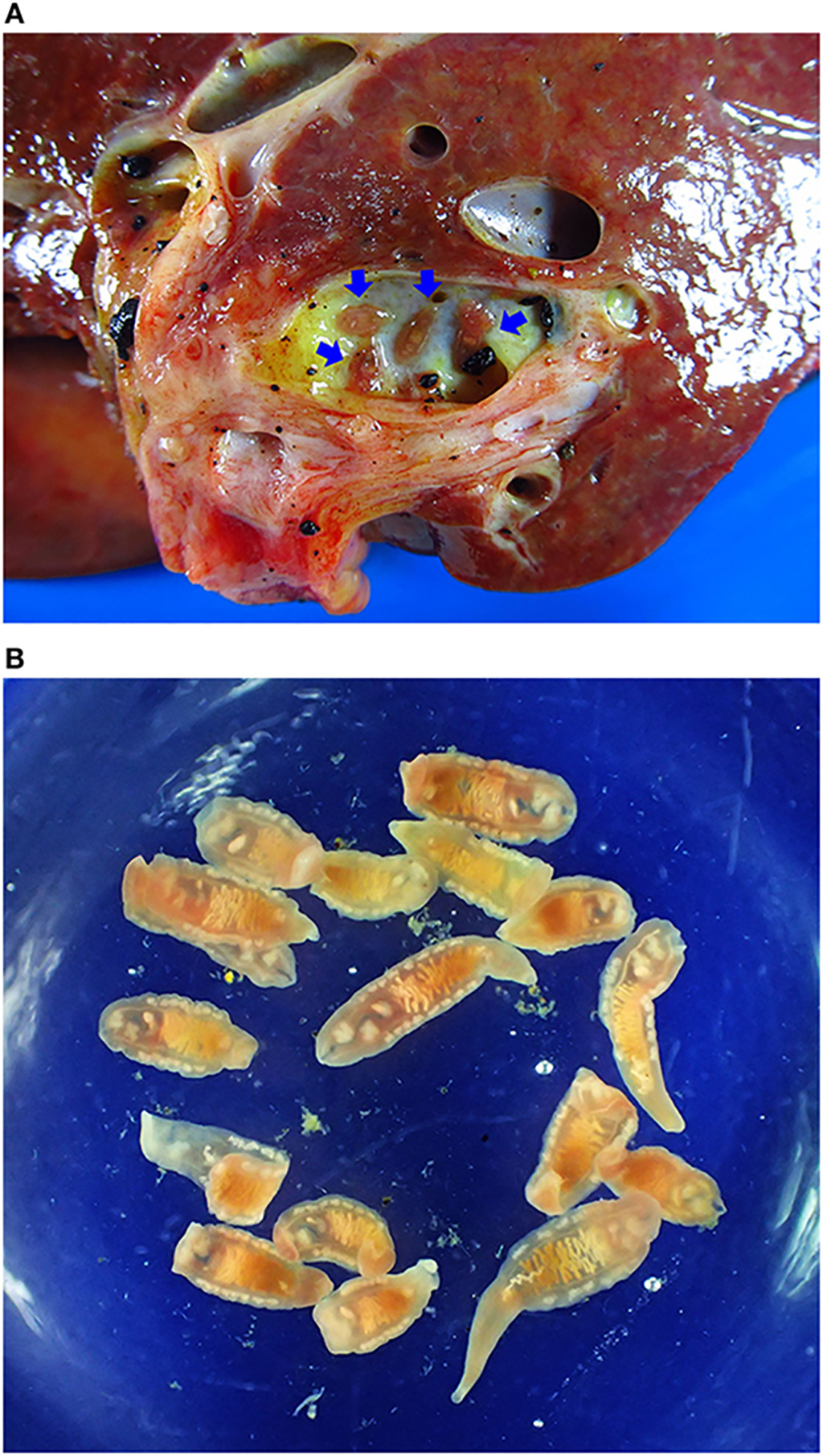Diagnostic Biomarker Predicts Risk of Opisthorchiasis Cholangiocarcinoma
Posted on 10 Mar 2022
Opisthorchiasis is caused by an infection with fish-borne liver flukes of the genus Opisthorchis. Opisthorchiasis frequently leads to chronic inflammation in the biliary tract and is classified as a group 1 biological carcinogen by the International Agency for Research on Cancer as a definitive risk for cholangiocarcinoma (CCA).
Opisthorchiasis infection is considered heavy when there are 10,000-30,000 eggs in one gram of feces. Symptoms of heavier infections with Opisthorchis viverrini may include: diarrhea, epigastric and upper right quadrant pain, lack of appetite (anorexia), fatigue, yellowing of the eyes and skin (jaundice) and mild fever.

Parasitologists at the Khon Kaen University (Khon Kaen, Thailand) included in a study 103 serum samples. These sera were assigned to three groups as follows: group I, CCA group (n = 36); group II, other cancers and liver cirrhosis group (n = 47) including hepatocellular carcinoma (n = 28), liver cirrhosis (n = 4), colorectal cancer (n = 8), and brain cancer (n = 7); and group III, other healthy individuals (n = 20). The scientists used the rapid immunochromatographic test (ICT) to detect anti-Opisthorchis viverrini IgG and IgG4 subclass antibodies in sera of patients with CCA. The ICT kits were developed based on soluble antigens excreted and secreted by O. viverrini adult worms.
The investigators reported that ICT indicated sera was positive for IgG and IgG4 antibodies, respectively, in 22 (61.1%) and 15 (41.6%) participants of the 36 study participants diagnosed with CCA. The study also included groups with other cancers and with liver cirrhosis, where the IgG ICT and IgG4 ICT kits were 27.7% (13/47) and 25.5% (12/47) positive, respectively. Neither total the IgG ICT nor the IgG4 ICT yielded positive results in a control group of 20 healthy participants. Moreover, the percentage positivity rate using the ICT for total IgG between the CCA group and the other cancers and liver cirrhosis group was significantly different. By contrast, no significant difference between these groups was apparent in the ICT for IgG4 antibody. The CCA group was 6.53 times more likely to have positive anti–O. viverrini IgG antibody (odds ratio 6.53) and 3.27 times more likely to have positive anti–O. viverrini IgG4 antibody (odds ratio 3.27) than the non-CCA group.
The authors concluded that these findings highlighted the diagnostic potential of a rapid ICT platform that uses ES products from O. viverrini flukes for serodiagnosis of opisthorchiasis-associated CCA. The study was published on March 1, 2022 in the International Journal of Infectious Diseases.
Related Links:
Khon Kaen University














